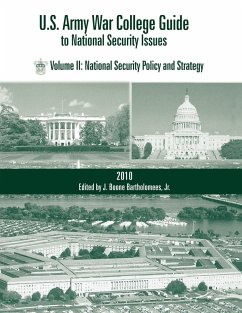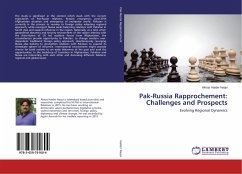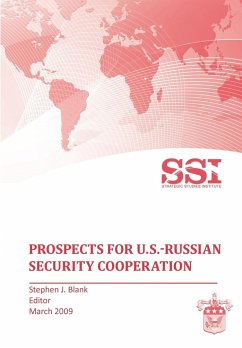Over the last decade, the failure of countries to emerge from conflict and the rise of 'failed states' has focused attention on state security sectors. External actors involved in 'protectorates' such as Kosovo and East Timor and peace agreements such as Cambodia, El Salvador or Bosnia have come face to face with the problems exposed by factionalised, wrong-sized, dictatorial and non-professional security sectors. Consequently, international institutions, the UN or World Bank, for example, and individual government ministries in countries such as the UK, USA and Germany have been increasingly concerned with promoting security sector reform (SSR). This paper argues, however, that while there is much discussion about capabilities for SSR and its technical requirements, there has been insufficient analysis of how to mobilise such resources. Three central questions, therefore, are examined: how have the external approaches to SSR evolved and what do they entail; what specific problems does the SSR agenda face operationally; and what concrete policy recommendations for engagement can be drawn from reform experiences to date.
Bitte wählen Sie Ihr Anliegen aus.
Rechnungen
Retourenschein anfordern
Bestellstatus
Storno









